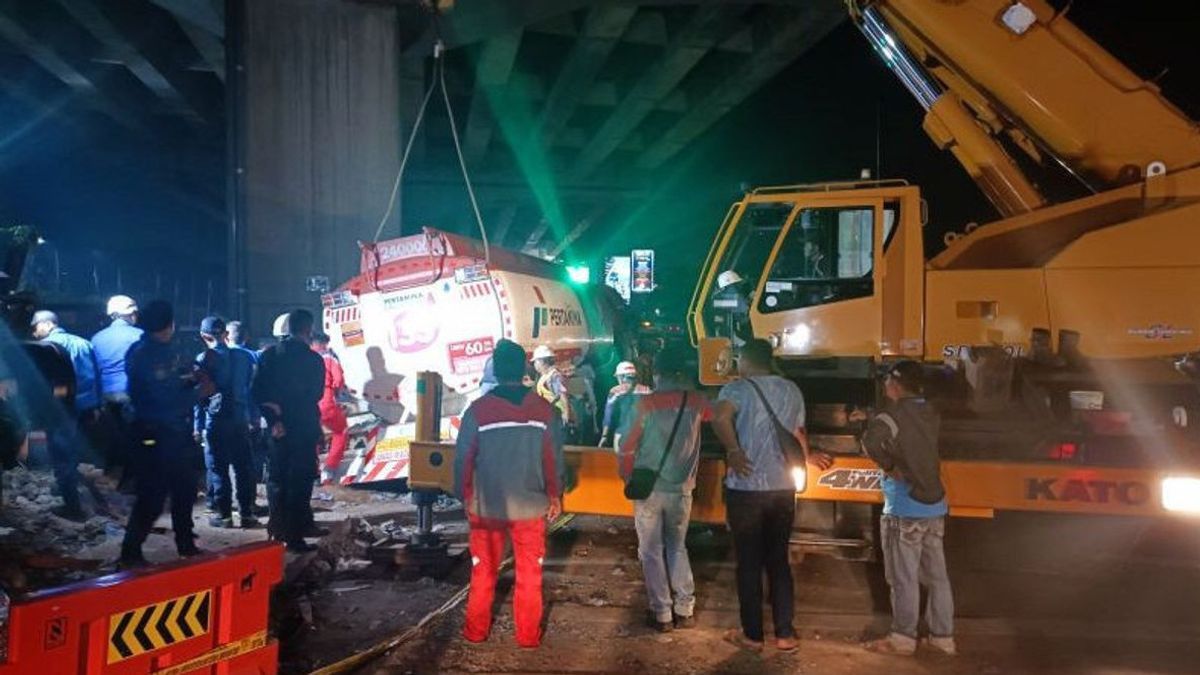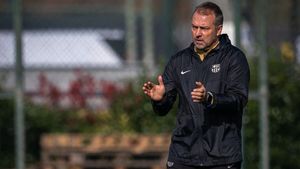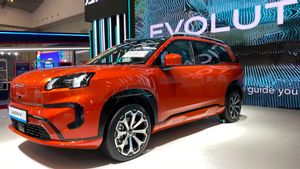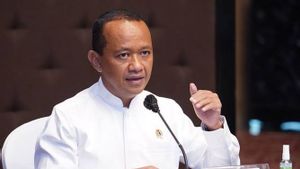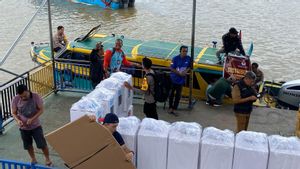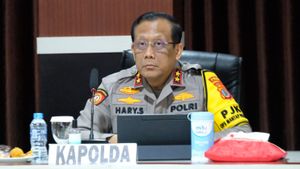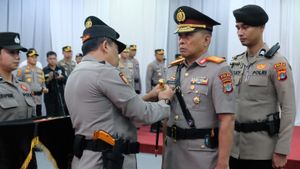The National Transportation Safety Committee (KNKT) issued two recommendations addressed to the Directorate General of Land Transportation of the Ministry of Transportation following the Pertamina truck accident on Jalan Transyogi Cibubur, in July 2022.
The first is to ask the Directorate General of Land Transportation to prohibit the use of telolet horns for large vehicles in Indonesia.
Acting Head of the Traffic Investment Committee for NTSC Street Transportation, Ahmad Wildan, explained that this ban was caused by the telolet horn installation taking pneumatic power from the brake system air cylinder.
"For the time being, it prohibits all the use of additional horns whose installations take Pneumatic power from the brake system air cylinders, while formulating appropriate technical policies to meet the need for horns in large vehicles in Indonesia that have their own characteristics," he said at a press conference in Jakarta, Tuesday, October 18.
Furthermore, he added, based on the findings of the investigation conducted by the NTSC, there was an additional route that took from the wind cylinder to the horn, making the wind filling not optimal.
"With a normal time of about 4-6 minutes, the NTSC found that the Pertamina tanker could only fully fill the wind cylinders for 14 minutes," he added.
Meanwhile, regarding the ban on the use of horns, Wildan left the decision entirely to the Ministry of Transportation, because the policy regulation is under the authority of the Directorate General of Land Transportation.
The second recommendation given by the NTSC is to ask the Ministry of Transportation to foster and supervise this provision.
Both through motor vehicle testing and coaching to transportation associations for goods and passengers.
In addition to the Ministry of Transportation, the NTSC also provides recommendations to the Jabodetabek Transportation Management Agency (BPTJ) to evaluate traffic management and engineering on National Roads in the Jabodetabek area, including Transyogi Street.
Wildan explained that BPTJ was asked to pay attention to safety aspects in addition to aspects of smooth traffic by limiting access to main roads from residential roads and regulating the opening of medians to turn around.
"All forms of speed reduction equipment on primary roads in the form of both speed bump and speed table are not allowed and must be removed immediately because it can increase the risk of traffic conflicts," he explained.
In addition, he also asked BPTJ to evaluate the placement of traffic signs, advertisements, warning boards and others that could confuse road users and re-evaluate the presence of all APILLs on primary roads.
The English, Chinese, Japanese, Arabic, and French versions are automatically generated by the AI. So there may still be inaccuracies in translating, please always see Indonesian as our main language. (system supported by DigitalSiber.id)
